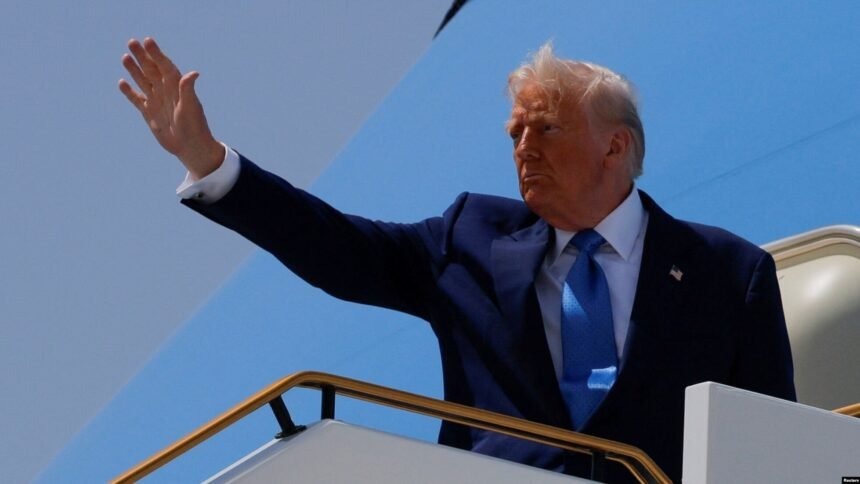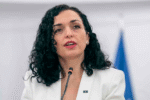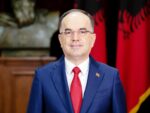Amid rising tensions and diplomatic urgency, Iranian and European diplomats met in Istanbul to discuss the state of nuclear negotiations with the United States, even as President Donald Trump warned that Tehran must accept Washington’s latest proposal swiftly or face dire consequences, reports RFE.
The meeting involved Britain, France, and Germany (E3)—all original signatories of the 2015 Joint Comprehensive Plan of Action (JCPOA), the nuclear deal that Trump unilaterally withdrew from in 2018. The E3 powers have warned that UN sanctions could be reimposed if Tehran refuses to engage in a new agreement with the U.S.
Iranian Foreign Minister Abbas Araqchi cautioned that reactivating sanctions would have “irreversible” consequences and could provoke a global nuclear proliferation crisis, with Europe suffering first.
Iranian Deputy Foreign Minister Kazem Gharibabadi stated on X that the parties are committed to diplomacy and that additional meetings will take place if needed, though no specifics were provided.
Meanwhile, Trump, speaking aboard Air Force One after departing Abu Dhabi, said Iran is already in possession of a U.S. proposal and that a decision must be made quickly.
“They have a proposal. More importantly, they know they have to move quickly or something bad—something bad is going to happen,” Trump warned.
Iran denies receiving any such proposal. Nevertheless, during his Middle East tour, Trump has hinted that a breakthrough may be near, while also threatening military action against Iranian nuclear facilities if diplomacy fails.
In a significant gesture, Ali Shamkhani, senior aide to Iran’s Supreme Leader Ayatollah Khamenei, told NBC News that Iran is prepared to:
- Pledge never to build a nuclear weapon
- Export its highly enriched uranium
- Limit uranium enrichment to civilian-use levels
In exchange, Tehran wants the immediate lifting of U.S. sanctions.
Trump reposted the interview on Truth Social, triggering speculation that he is open to Shamkhani’s terms. However, critics argue the proposal closely resembles the original JCPOA framework, which Trump previously rejected.
U.S. Secretary of State Marco Rubio, speaking on May 15, warned that Iran is “at the threshold” of weaponization. He emphasized the urgency of the moment as Iran continues enriching uranium to near weapons-grade levels (60%), while Tehran insists its program is strictly peaceful and that it is willing to offer verifiable guarantees to ease international concerns.







